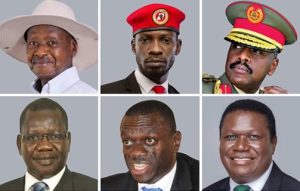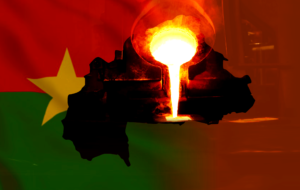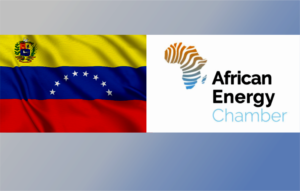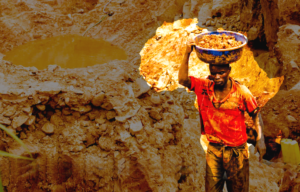Uganda’s Museveni Cleared to Run Again in 2026, Raising Questions Beyond Politics
Uganda’s Electoral Commission has officially cleared President Yoweri Museveni to seek reelection in 2026, a decision that could extend his rule into a fifth decade. At 81, Museveni remains one of Africa’s longest-serving leaders, having first come to power in 1986. The clearance is more than another electoral cycle, it carries a weighty implications for Ugandan society on multiple fronts, driving political and social tensions on a highway.

Museveni’s continued presence on the ballot has reignited debates over political freedoms and democratic space. Most citizens contend that the ruling party’s dominance weakens opposition voices, narrowing civic engagement. The likelihood of contested elections raises concerns about potential unrest, particularly among younger Ugandans who make up the majority of the population but have never known another leader.
Decades of centralized leadership has shaped family life in subtle but profound ways. Generational frustrations between youth eager for change and elders who recall Museveni’s early achievements in stabilizing the nation, create fractures within households. Human rights concerns including restrictions on free expression and assembly, touch directly on families, leaving them caught between loyalty to the state and the pursuit of individual freedoms.
![]()
Museveni’s long rule has also become woven into Uganda’s cultural narrative of identity and continuity. His government has promoted a sense of continuity, but the opposition think it risks freezing political culture in time. Cultural institutions face the challenge of fostering identity and pride without being overshadowed by the politics of one figure.
On the economic front, Museveni is praised for steering Uganda toward growth, especially in agriculture, infrastructure, energy and encouraging the business climate. Yet, persistent corruption and uneven wealth distribution burden entrepreneurs and workers alike. The uncertainty surrounding political succession continues to affect investor confidence, leaving businesses cautious about the long-term economic outlook.
![]()
On the regional and global repercussions beyond Uganda, Museveni’s candidacy indicate stability to some regional allies but fuels skepticism abroad, especially among human rights organizations and international partners. Uganda’s role in peacekeeping and regional security may shield it from heavy criticism, but questions over governance remain pressing.
As opposition groups review the commission’s decision, Uganda enters another cycle of waiting the on electoral-canvas between continuity and change, or between stability and democratic renewal. The implications reach far beyond politics, touching the everyday realities of families socioeconomy across the nation.






